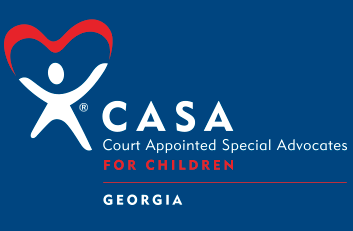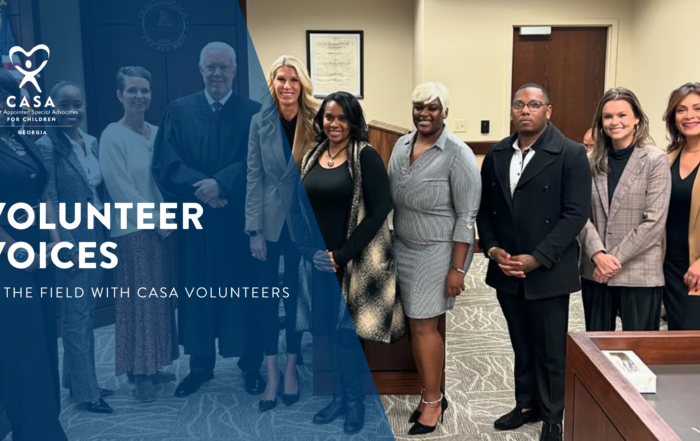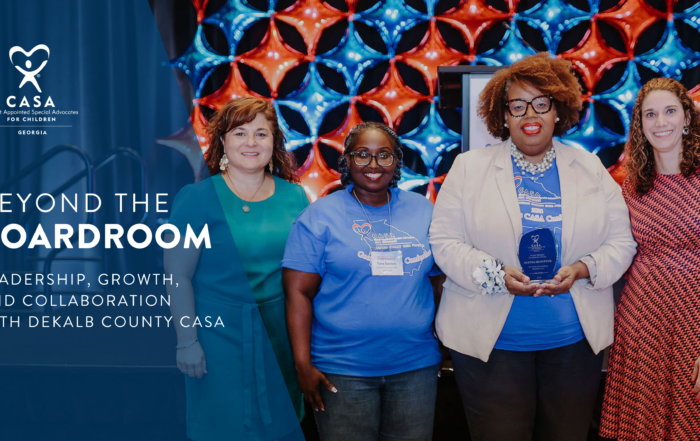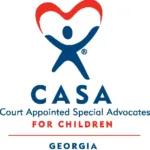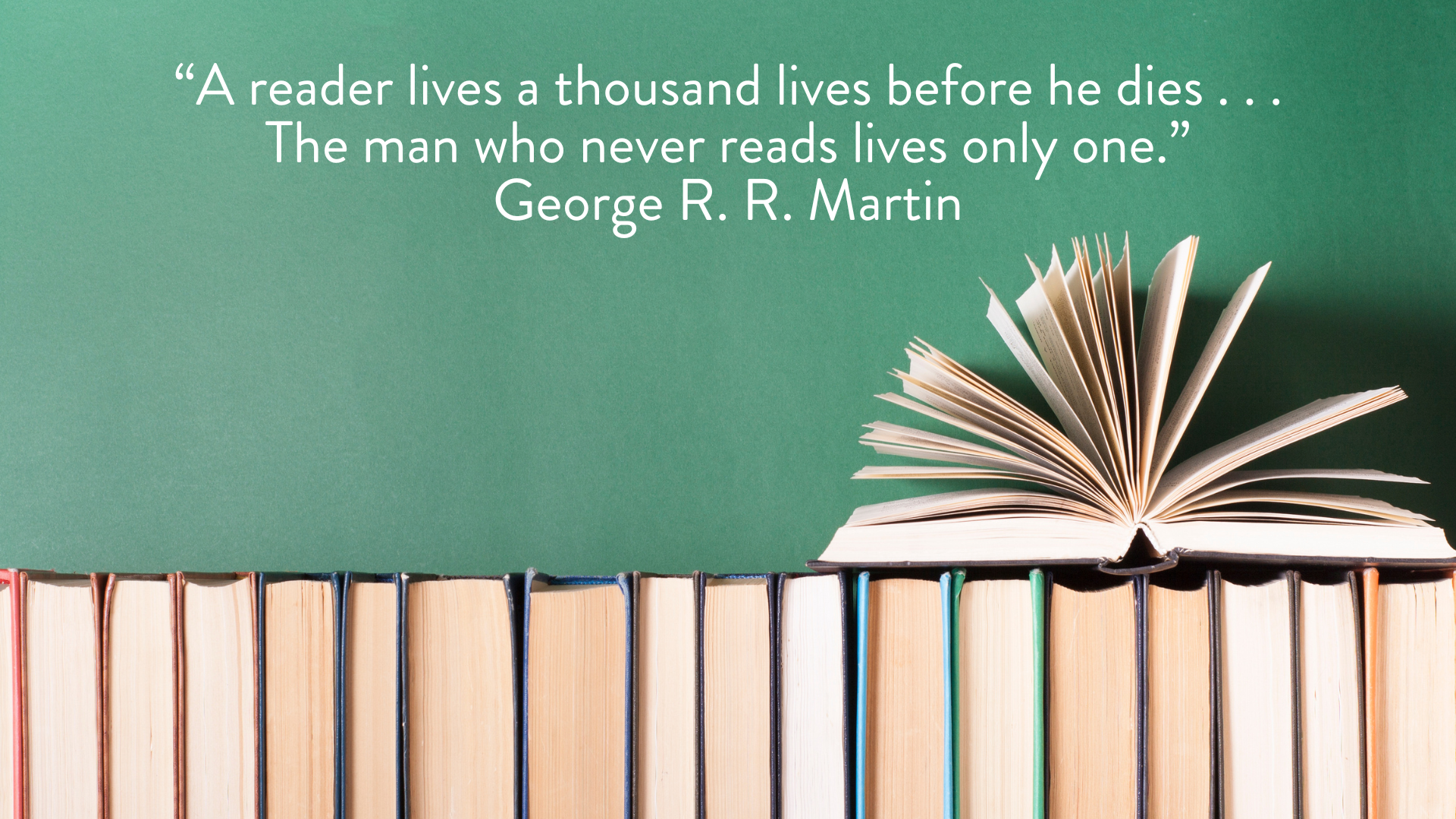
Children in foster care often face a unique set of challenges due to traumatic experiences they may have endured. Understanding trauma is essential for those advocating for children who are in vulnerable situations, as it helps provide necessary support and care. Reading books that delve into the topic of trauma can be an excellent way to gain insight and empathy. Even those who have personally experienced trauma can benefit from reading about the subject; these books allow people to see themselves reflected while also creating space to understand the different traumatic experiences.
Here are ten books that offer valuable perspectives on trauma. Some lean scientific, others anecdotal, all insightful in their own way.
What Happened to You? by Bruce D. Perry and Oprah Winfrey
Renowned psychiatrist Bruce D. Perry teams up with Oprah Winfrey to explore the lifelong effects of trauma on individuals. This book provides deep insights into how trauma shapes a person’s identity and offers practical strategies for fostering healing and resilience.
The Body Keeps the Score by Bessel van der Kolk
Dr. Bessel van der Kolk, a leading expert in the field of trauma, presents a groundbreaking work that explores how trauma affects the mind and body. By explaining the neuroscience behind trauma, he offers valuable knowledge to help children and adults alike in their healing journey.
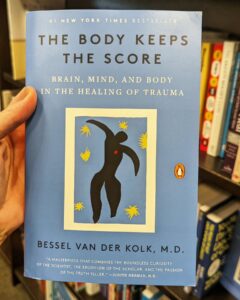
I loved this book. It helped me understand trauma in a more comprehensive way. It dives into how trauma affects your body, brain, and behavior. It helps me better understand the children we’re serving and, often the parents as well. It has a really good breakdown for noticing specific behaviors and gives a better understanding of where they might be coming from. As advocates, it is very helpful. ~ Bailey Bishop, Chattahoochee CASA
What My Bones Know by Stephanie Foo
Stephanie Foo’s memoir delves into the complexities of intergenerational trauma and its impact on our lives. This deeply personal account encourages readers to reflect on the ways in which trauma shapes our identities and relationships.
The Myth of Normal by Gabor Maté
Dr. Gabor Maté challenges our understanding of normalcy and explores how childhood trauma can shape our lives. By examining societal expectations and stigmas, this book helps foster a compassionate and inclusive approach to supporting children in foster care.
Finding Me by Viola Davis
Viola Davis, the award-winning actress, shares her personal story of growing up in poverty and experiencing trauma. Her memoir sheds light on the power of resilience and self-discovery, inspiring both children living through something similar and those who advocate for them.
I love the vulnerability author Viola Davis gives us. She shares much of her personal and family history, from physical abuse to extreme poverty. This glimpse into her life takes readers into experiences many have not personally had; we’re able to gain a deeper understanding of how a formative context and generational trauma can inform so much of a child’s future and self-worth. The way her dedication to acting helps her persevere against all odds is inspiring! ~ Rachelle Mosely, Georgia CASA
I’m Glad My Mom Died by Janette McCurdy
Janette McCurdy, a former child star, shares her journey of healing from childhood trauma in this powerful memoir. Her story sheds light on the complexities of grief, resilience, and finding one’s own path to healing.
We Were Once a Family by Roxanna Asgarian
Roxanna Asgarian’s powerful investigative journalism tells the story of a family separated by the foster care system. Through this account, readers gain a deeper understanding of the challenges faced by foster families and the need for compassion.
Three Little Words by Ashley Rhodes Courter
This memoir by Ashley Rhodes Courter recounts her experiences growing up in the foster care system and her eventual adoption. Though many readers expect the title to refer to the words, “I love you,” the three words reference something unexpected and insightful. The book provides a raw look at the challenges faced by children in the foster care system, including neglect, abuse, and frequent moves between foster homes.
I loved hearing the author Ashley Rhodes Courter at the Georgia CASA conference in 2016. While in care, she had 80,000 documents about her, 73 child welfare admins, 44 caseworkers, 19 foster placements, 23 attorneys, 17 psychologists, psychiatrists, and therapists, 5 CASA/GAL staff, 4 judges, 3 abuse registry workers, 2 group home workers, and 1 Guardian ad Litem (CASA volunteer)! She told us, “Behavior is a form of language (for children), and we should pay close attention to it.” I highly recommend this book. ~ Kristen Kramer, Ogeechee CASA
Healing Developmental Trauma: How Early Trauma Affects Self-Regulation, Self-Image, and the Capacity for Relationship by Laurence Heller and Aline LaPierre
The book delves into the concept of developmental trauma, which refers to the impact of chronic or repeated traumatic experiences during critical periods of a child’s development. By gaining a comprehensive understanding of developmental trauma, CASA volunteers and supporters can recognize its signs and symptoms in the children they advocate for, thus helping them better understand the child’s experiences and needs.

Atlas of the Heart by Brené Brown
Renowned researcher and storyteller Brené Brown delves into the emotions we experience and offers insights into how we can navigate difficult feelings. Communicating our own emotions allows us to better support and empathize with children in foster care who are grappling with trauma.
Books have the power to expand our understanding and perspective on complex issues such as trauma. By reading and engaging with the narratives shared in these ten books, we can enhance our empathy and knowledge to better advocate for children in foster care. Understanding trauma and its effects is crucial in providing the support and care needed to empower children who have been victimized and help them heal.
Many local CASA programs host book clubs throughout the year. Connect with your local CASA program to learn more about what opportunities they have to read in community.
Featured Posts
Meet 2025 Volunteer of the Year Nominees!
CASA volunteers are everyday people with a special heart to serve the best interests of children experiencing foster care. In Georgia, thousands of amazing CASA volunteers serve children and families in crisis every day. One way we honor and acknowledge this exceptional work is through our annual Awards of Excellence. Volunteers are nominated by local CASA programs for our annual Karen N. Sibley CASA Volunteer of Year Award and the recipient is honored at the Annual Conference Luncheon every August. Let's meet this year's nominees for Volunteer of the Year!
Volunteer Voices: Meet Marcellus
"I started thinking about ways to give back, to be a vessel for other kids who needed guidance and support. So, I did what many people do when looking for opportunities—I searched online for volunteer programs in Georgia. That’s when I found Cobb County CASA." Today's article marks the beginning of our "Volunteer Voices" series. Hear from Marcellus, a CASA volunteer from Cobb County CASA.
Beyond the Boardroom
Building a strong, diverse board takes intentional leadership and collaboration. Discover how DeKalb CASA’s board chair and executive director are fostering a community-focused team dedicated to uplifting the lives of children and families in need.
